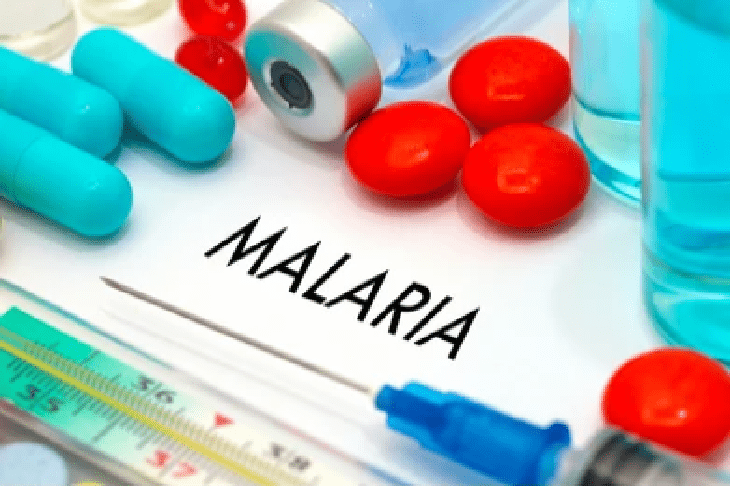Rwanda will introduce two new anti-malaria drugs as part of a nationwide effort to combat growing resistance to current medications, officials said. The drugs—dihydroartemisinin-piperaquine (DHAP) and artesunate-pyronaridine (ASPY)—are recommended by the World Health Organization (WHO) as part of artemisinin-based combination therapies (ACTs) for treating uncomplicated malaria in both children and adults.
Dr. Aimable Mbituyumuremyi, manager of the Malaria and Other Parasitic Diseases Division at the Rwanda Biomedical Centre (RBC), said the new drugs will provide alternatives to the widely used Coartem, which has seen resistance in some areas of Rwanda and other countries. The first shipment of the drugs arrived in the country last week and will be distributed to hospitals based on doctors’ prescriptions.
Malaria resistance is driven by factors such as prolonged use of the same drugs without replacement, improper adherence to prescribed doses, and infections with resistant strains of the parasite. Mbituyumuremyi noted that the new treatment strategy will be fully rolled out by April, when DHAP and ASPY will be used alongside Coartem.
To facilitate the integration of the new drugs, the RBC has updated treatment guidelines and trained healthcare workers in hospitals. The next phase of training will focus on medical staff at health centers and community health workers.
Once fully deployed, the new drugs will be prescribed by healthcare workers at hospitals, health centers, and in communities. By the time additional drug shipments arrive, staff at health centers and community health workers will be trained to administer them effectively.
Malaria cases in Rwanda saw a significant decline in recent years. According to the Ministry of Health, malaria cases dropped by 90 percent from the 2016/2017 fiscal year to 2023/2024, from 4.8 million to 620,000 cases. Malaria-related deaths also decreased from around 650 to 67 in the same period. However, the Ministry reported a 45.8 percent increase in malaria cases between January and October 2024, compared to the same period in 2023. During this 10-month period, cases rose from 432,000 to 630,000.
The Ministry attributes the increase to factors such as emerging drug resistance, inadequate malaria vector control, changing mosquito-biting behavior, and an increase in unaddressed mosquito breeding sites. Additionally, cross-border malaria transmission in affected areas near Nyagatare, Gisagara, and Bugesera could be contributing to the surge.
In response, the Ministry has ramped up efforts to curb malaria, including indoor residual spraying in high-risk areas such as Nyagatare, Kirehe, and Ngoma. It is also investigating malaria hotspots to identify root causes, establishing a Malaria Task Force to coordinate district-level responses, and mobilizing local leadership and communities to improve access to diagnosis and treatment.

